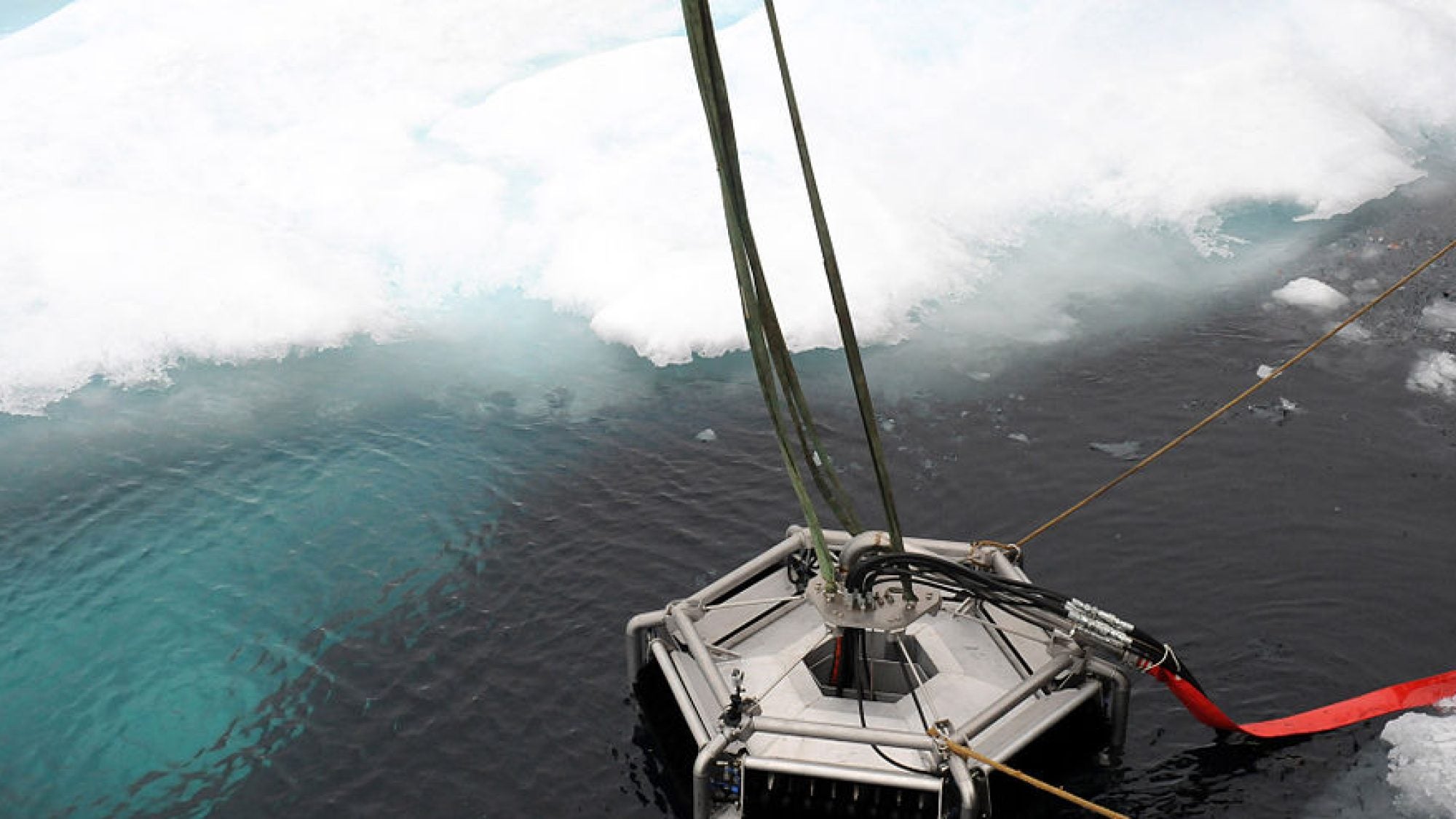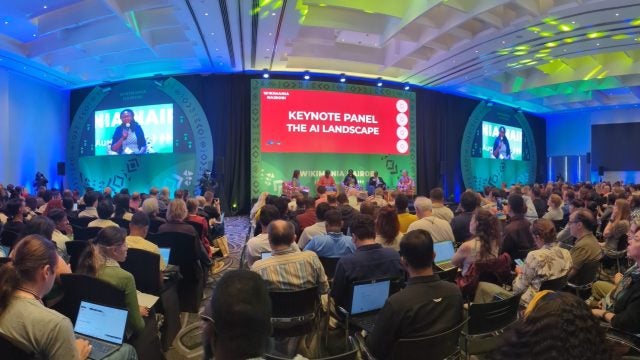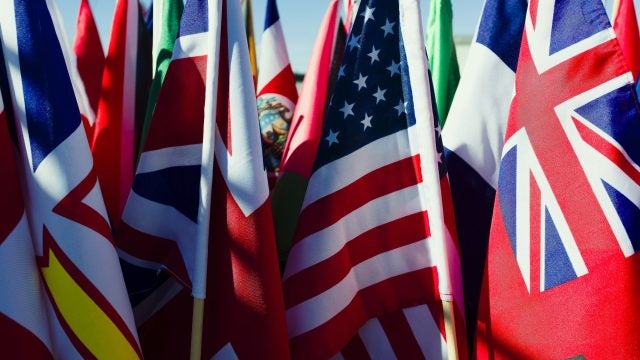
Title: The Arctic Council as Regional Body
Shop the Entire Current Issue- The Integration of Regions || Return to The Integration of Regions index
“The main areas of interest revolve around strengthening circumpolar co-operation and developing common strategies of preparedness in the event of an oil disaster….” “Bids for observer status from China and the EU have been unsettling to the A8…” “The A8 jealously guard their national sovereignty/security interests, and sub-Arctic states, such as the UK, have been careful to acknowledge those sovereign-territorial interests…” “It is in no one’s interest to witness the Arctic as a space of discord. The AC cannot be complacent…”The Arctic Council (AC) is an intergovernmental organization that, since its creation in 1996, has been widely recognized as one of the most progressive regional bodies in the world. The membership includes the eight Arctic states (A8), six permanent participants, and observer states such as the UK and Germany. From May 2013 onwards, there are also new permanent observers including China, India, Japan, and South Korea. The European Union’s candidature has been delayed and subject to further review and assessment. The Council is chaired by one of the eight Arctic states for a two year period. The current chair is Canada (2013- 2015) and it will be followed by the United States (2015- 2017). The permanent participants, including the Inuit Circumpolar Council, Saami Council, and Aleut International Association, enjoy full consultative status and may address the meetings of the Council. Administrative support is provided by the Indigenous Peoples Secretariat (IPS), which is based in Copenhagen.
The AC lies at the heart of debates about Arctic futures. It faces two challenges – institutional evolution and membership. For its supporters, the AC occupies center position in promoting an orderly and cooperative vision for the Arctic, but there is no shortage of commentary and punditry analyzing and predicting a rather different vision for the Arctic. As Paul Berkman asserted in the New York Times, under the heading “Preventing an Arctic Cold War,” there is little room for complacency. Berkman’s analysis warned of Arctic and non-Arctic states being increasingly forced to confront difficult issues relating to policing, resource management, accessibility and navigability, alongside environmental protection. His suggestion at the end of the piece appeared, seemed rather odd, “[a]s the head of an Arctic superpower and a Nobel laureate, Mr. Obama should convene an international meeting with President Putin and other leaders of Arctic nations to ensure that economic development at the top of the world is not only sustainable, but peaceful.” Bizarrely, there is little analysis of how, and to what extent, the AC and other bodies, including the United Nations Law of the Sea (UNCLOS), are actively providing “rules of the road” (Berkman’s phrase) for the Arctic region and beyond.
This piece focuses on some issues that require further attention (such as the protection of the Arctic marine environment) while acknowledging how the AC has changed in the last few years. As a regional body, it operates in a strategic environment where few specialist observers believe that military conflict or destabilizing resource speculation is likely to prevail. Nonetheless, it is a work in progress with pressing demands to address. I will discuss debates about membership status and the institutional evolution to respond to experts’ concerns about disasters (which might involve a shipping or drilling accident) and ongoing climate change, including manifestations such as sea ice thinning in the Arctic Ocean… (purchase article…)
Klaus Dodds is Professor of Geopolitics at Royal Holloway University of London. His next book with Mark Nuttall is entitled, Scrambles for the Poles? The Contemporary Geopolitics of the Polar Regions to be published by Polity in 2014.Dr. Dodds would like to thank Mary Grace Reich for assisting in this paper as well as external readers.
Image Credit: Petty Officer 2nd Class Kelly Parker, Public domain, via Wikimedia Commons
This is an archived article. While every effort is made to conserve hyperlinks and information, GJIA’s archived content sources online content between 2011 – 2019 which may no longer be accessible or correct.
More News

This article compares U.S. and Chinese approaches to artificial intelligence (AI) exports in Africa and examines how these disparate approaches have produced both downstream benefits and challenges for the region.

On May 20, 2025, the World Health Assembly unanimously adopted the World Health Organization (WHO) Pandemic Agreement, an international treaty designed to strengthen pandemic prevention, preparedness, and…

As the Trump administration proposes a sweeping overhaul of the US foreign assistance architecture by dismantling USAID, the Millennium Challenge Corporation (MCC), and restructuring the State Department, there is an…